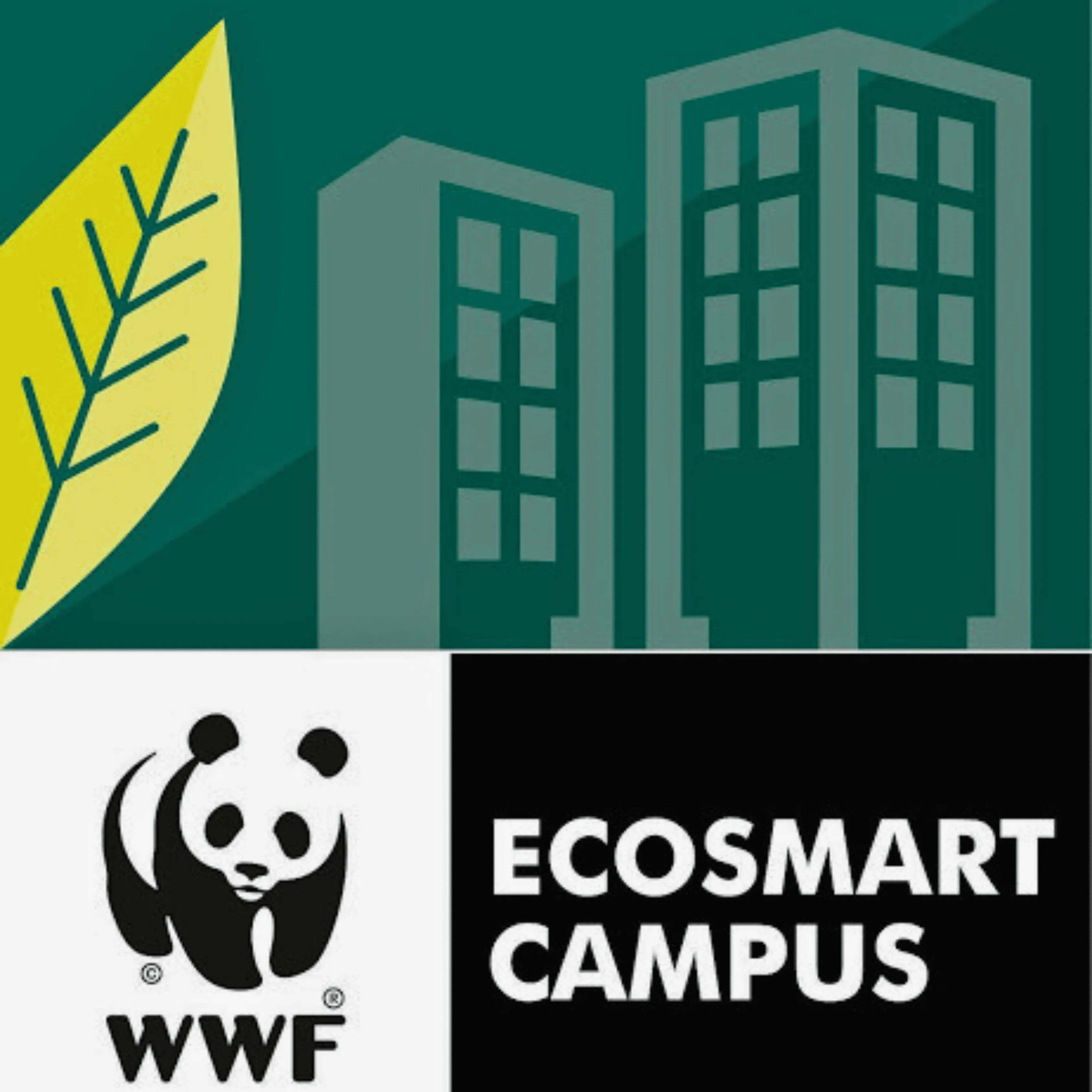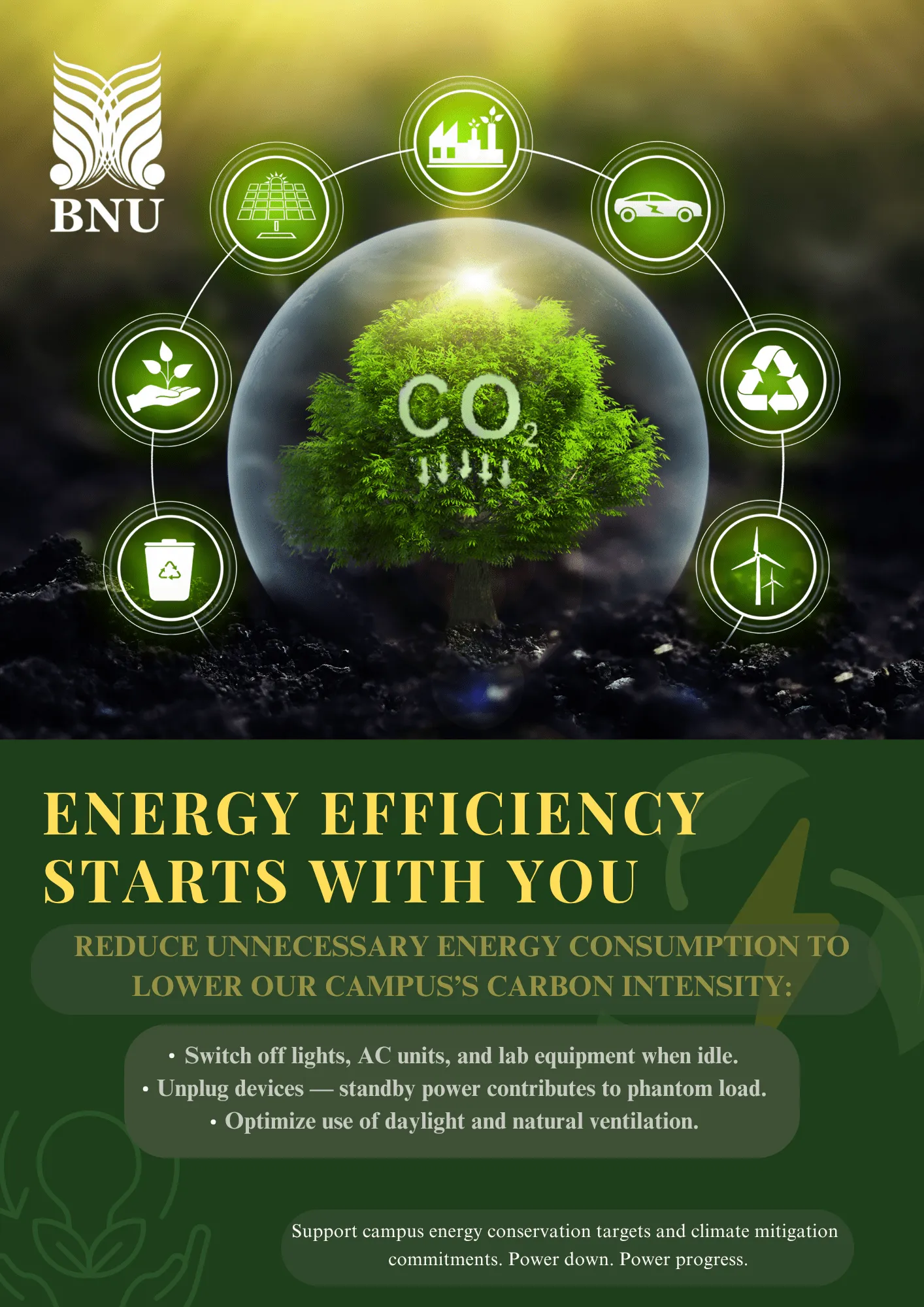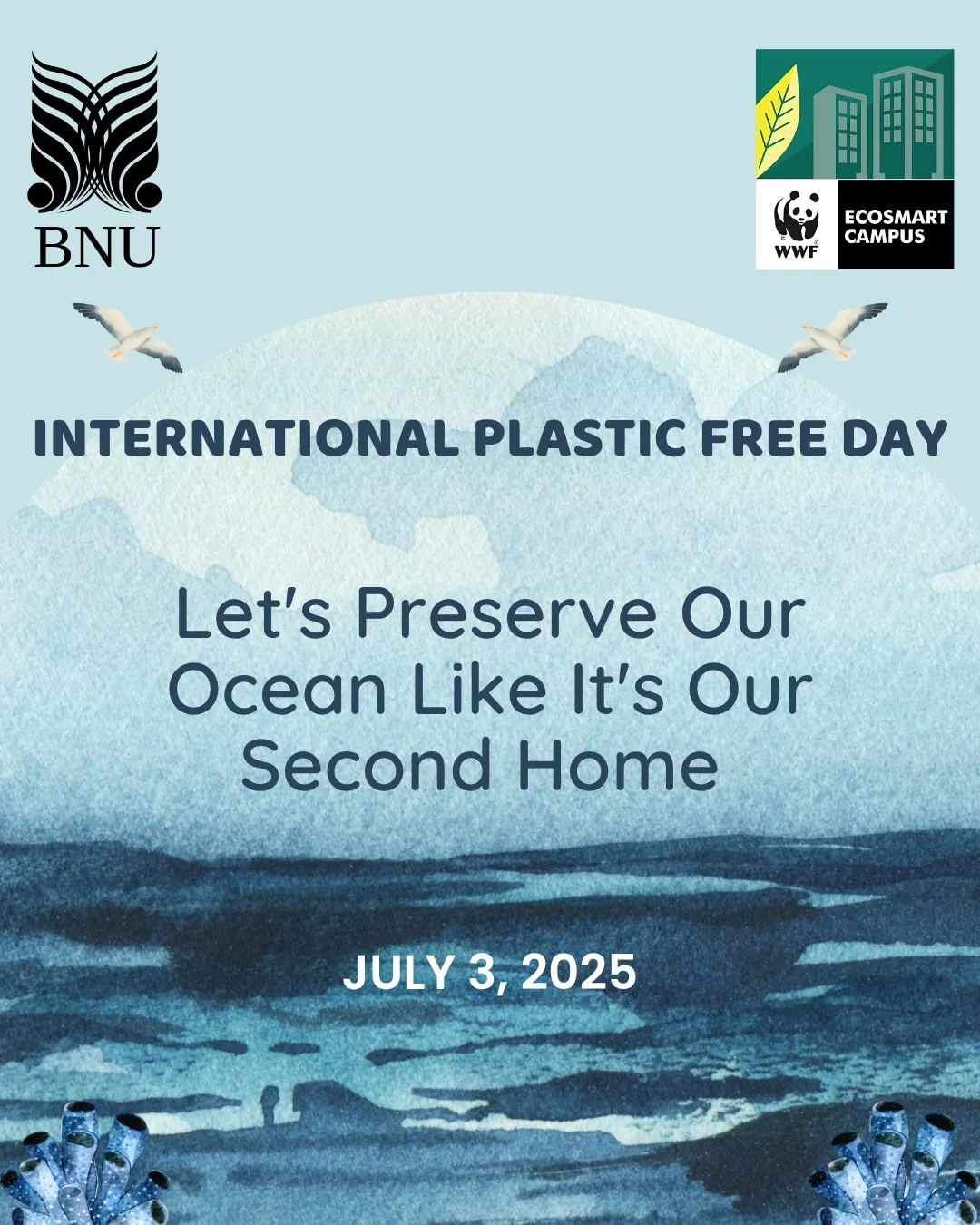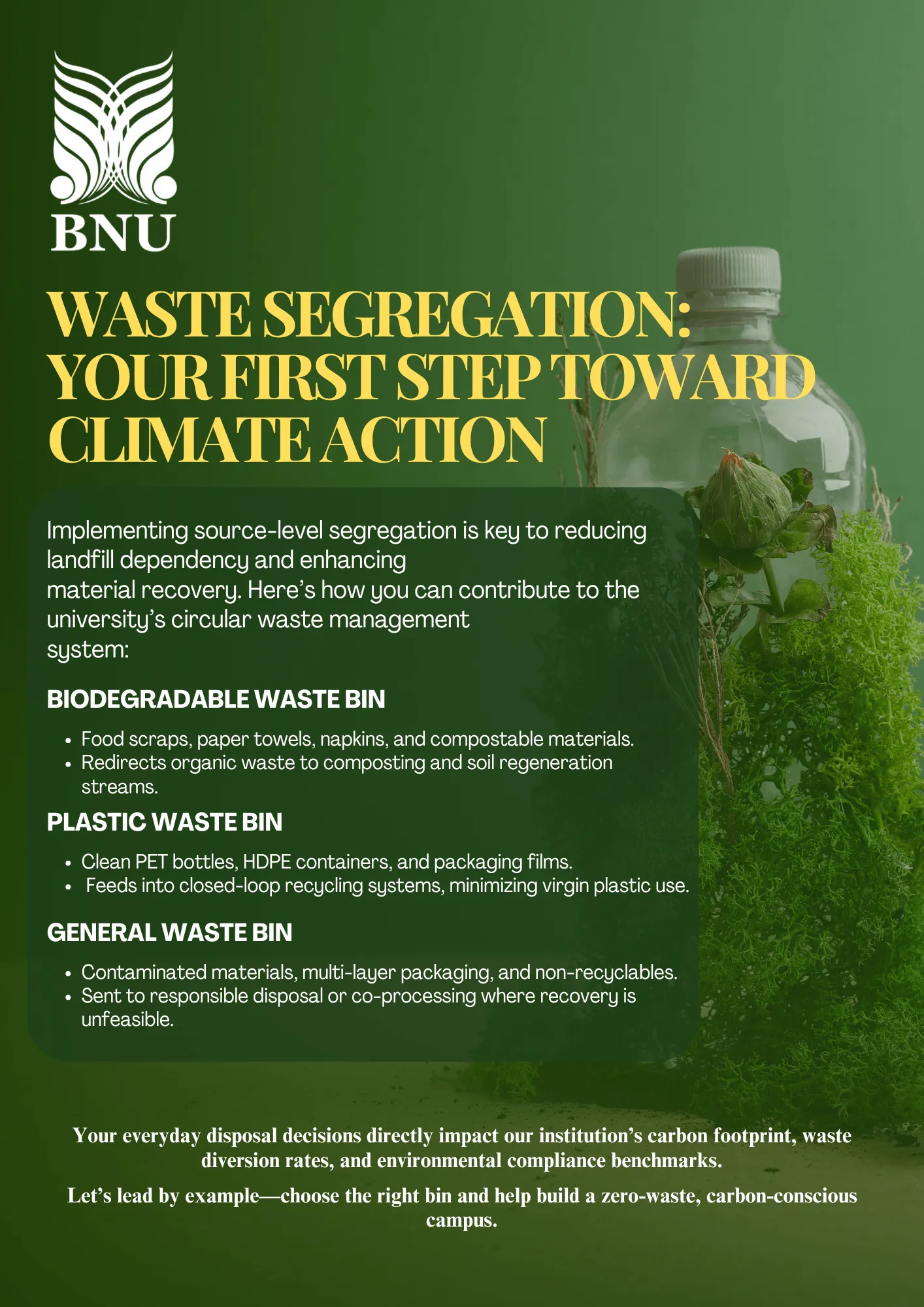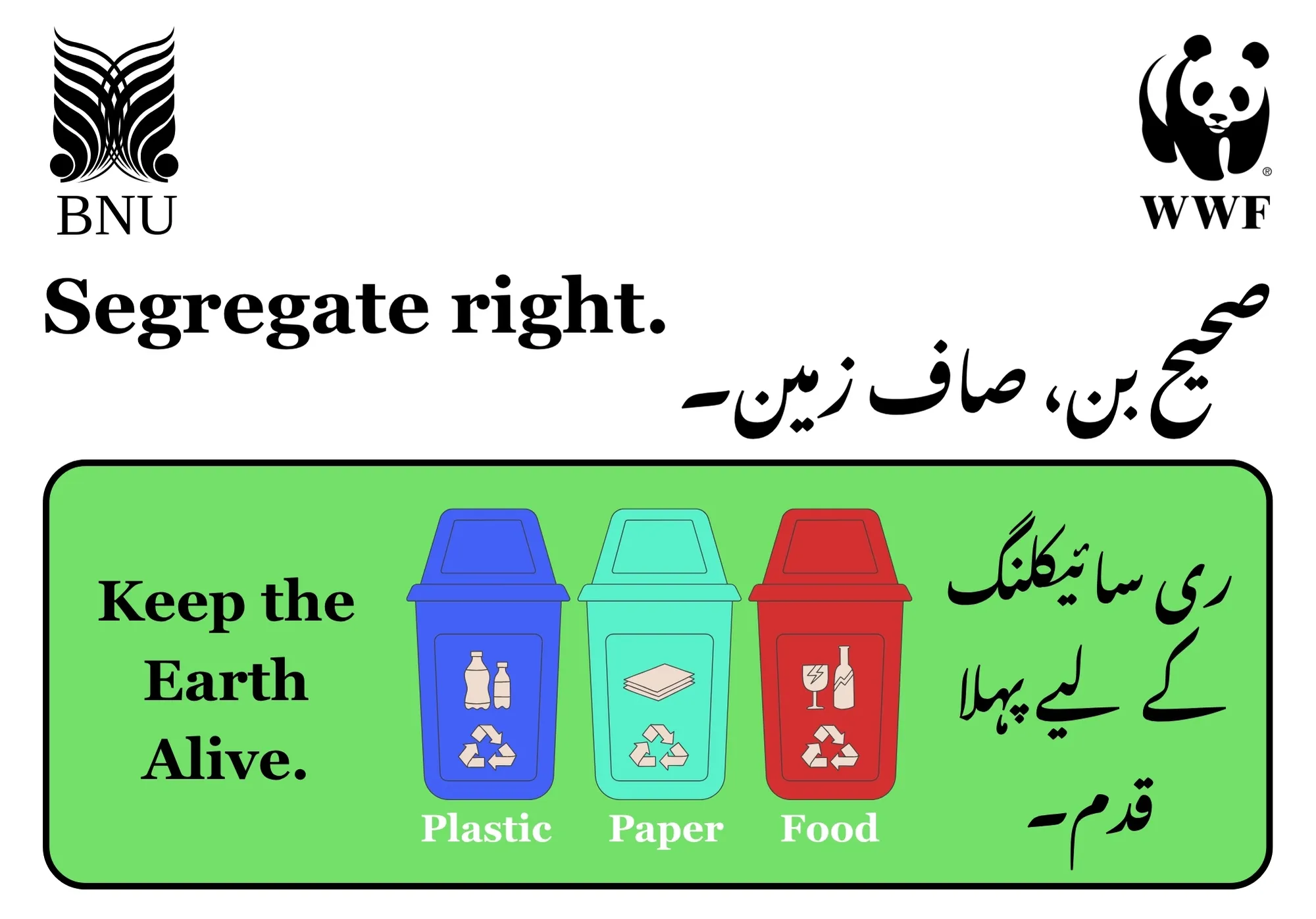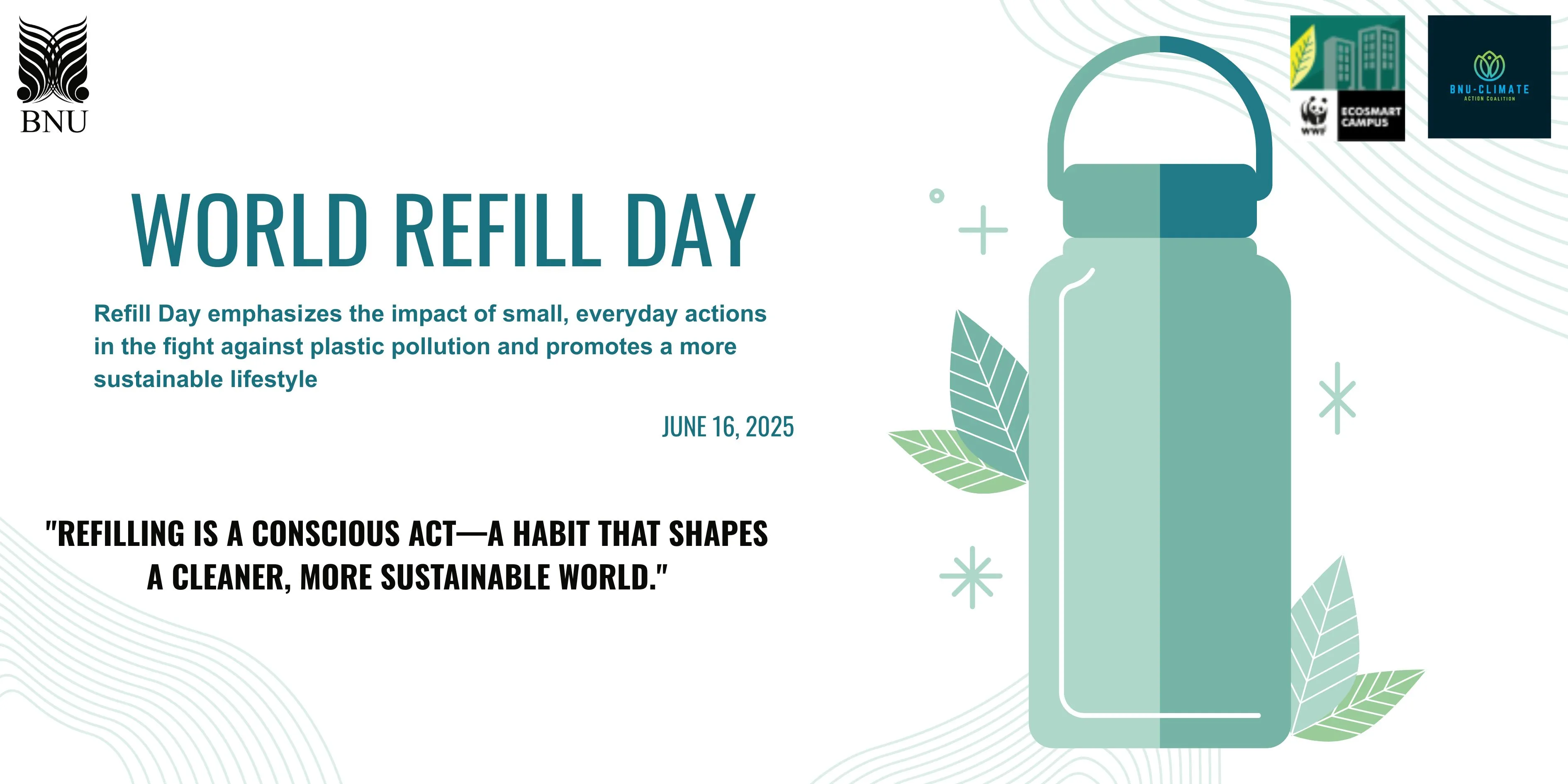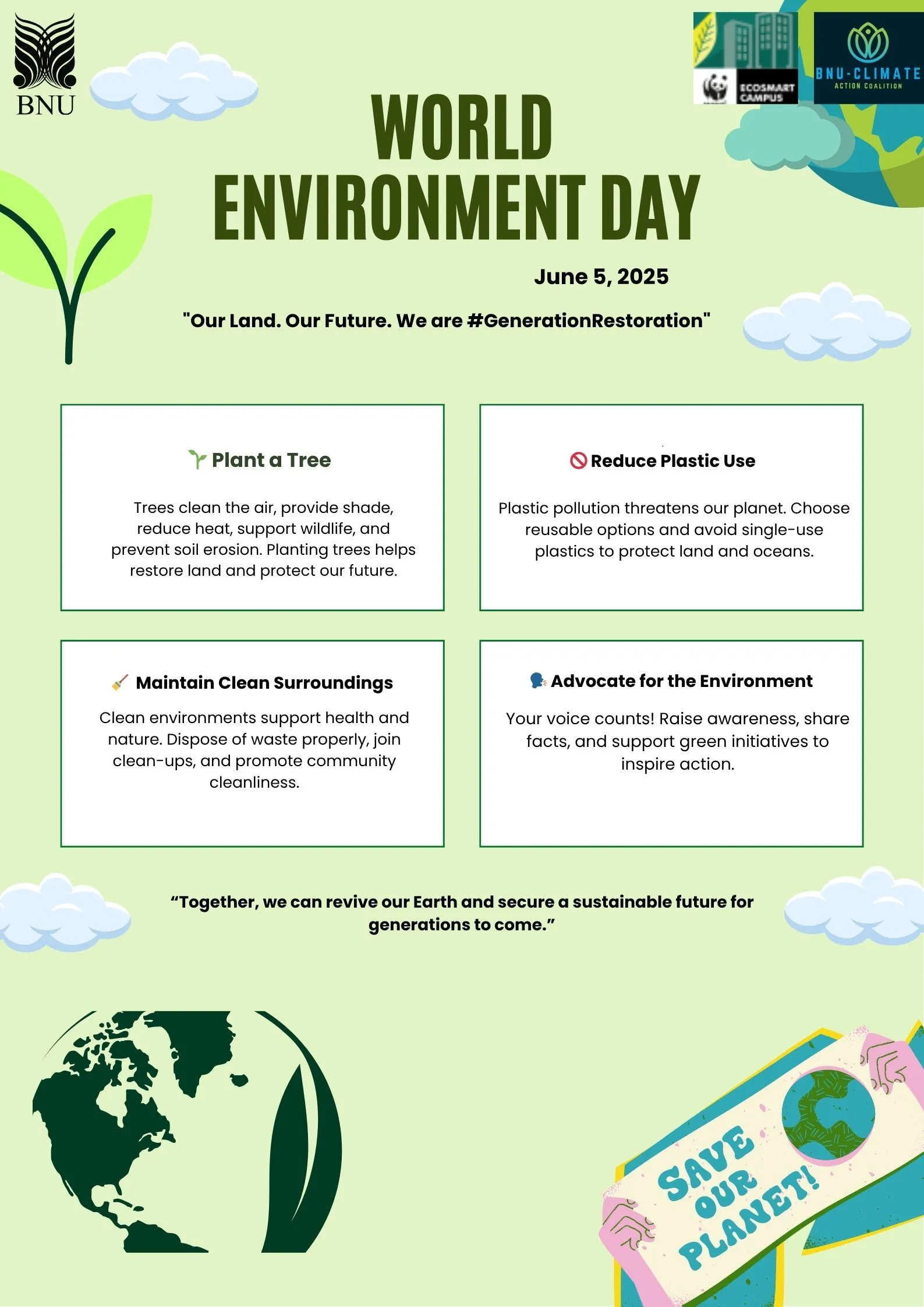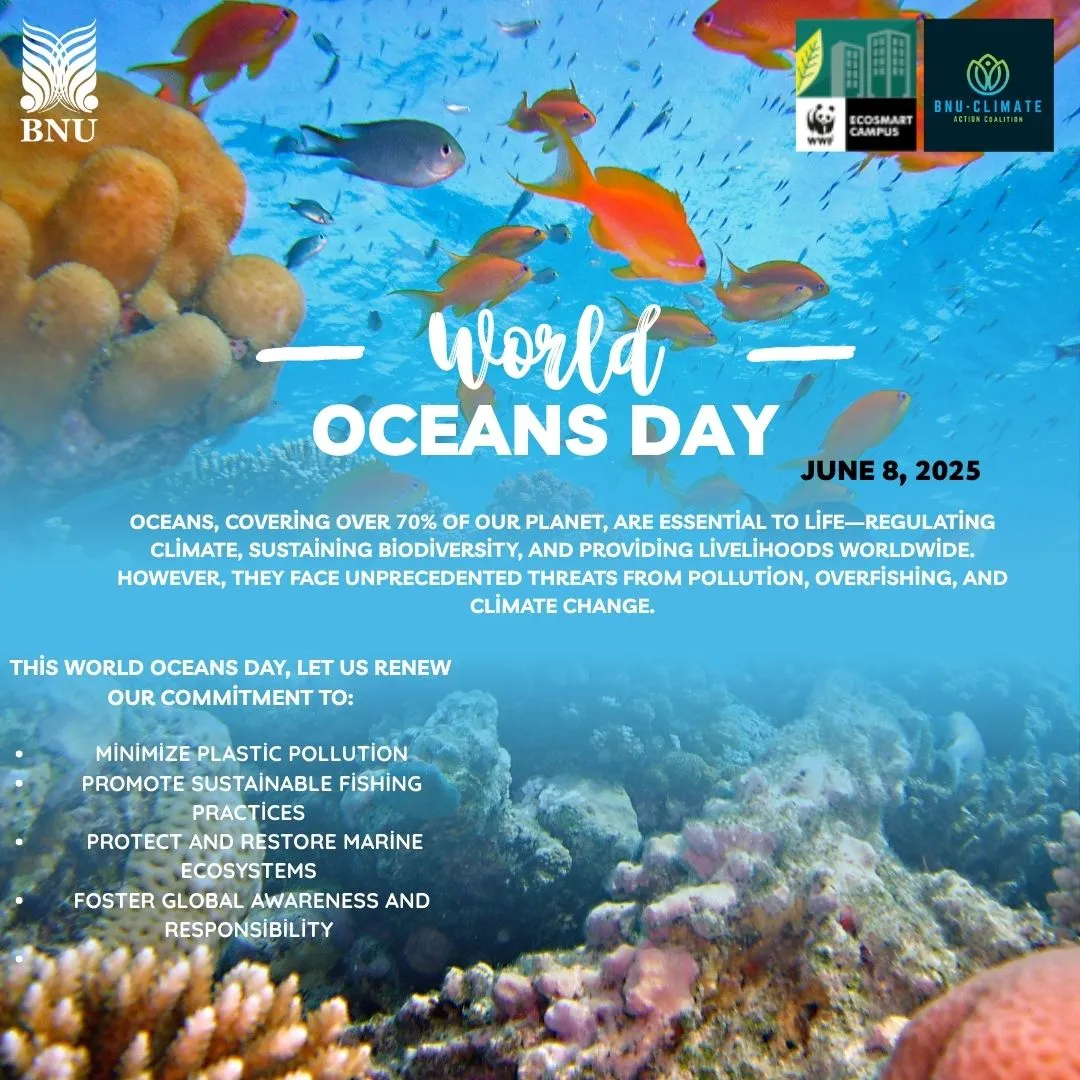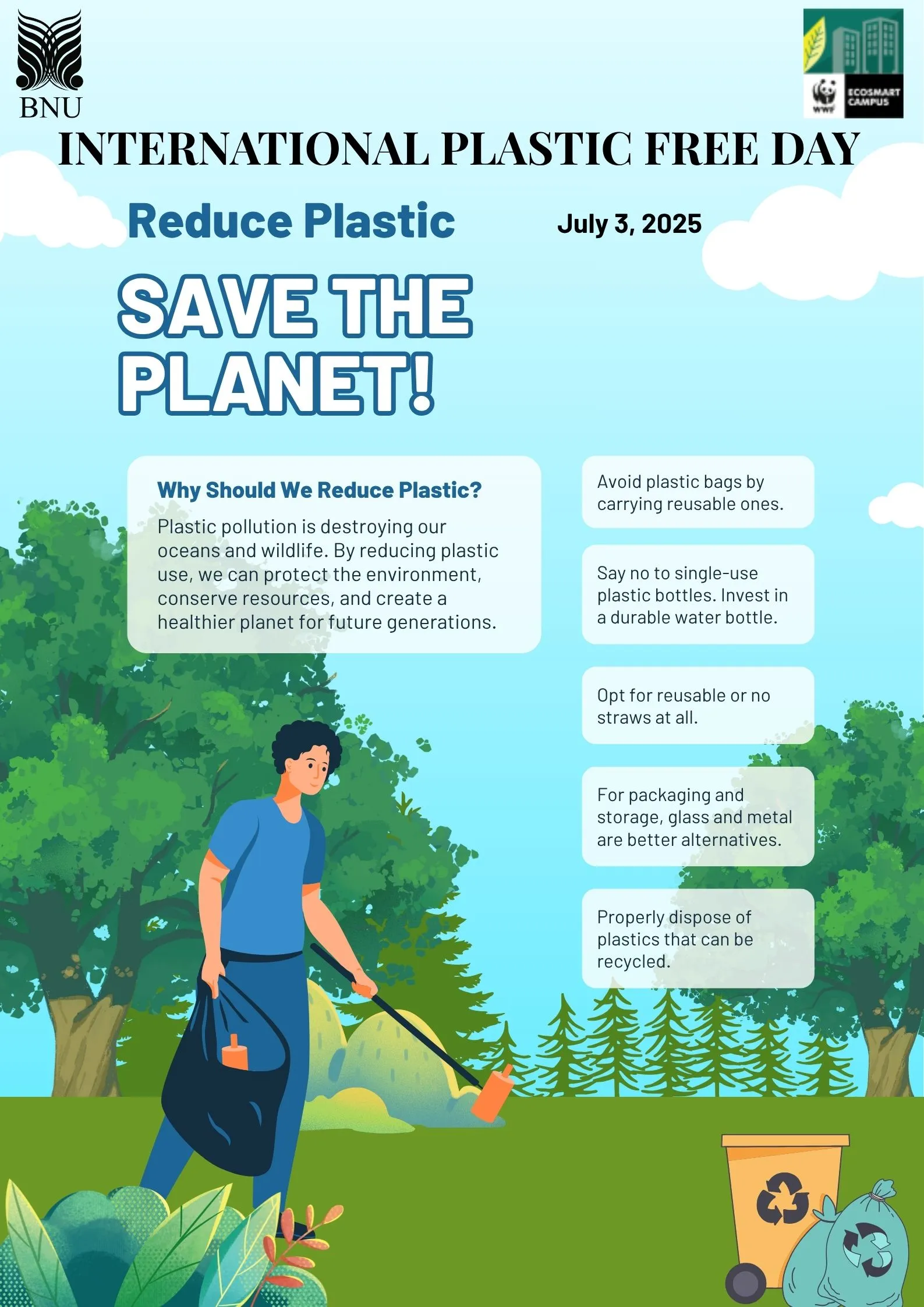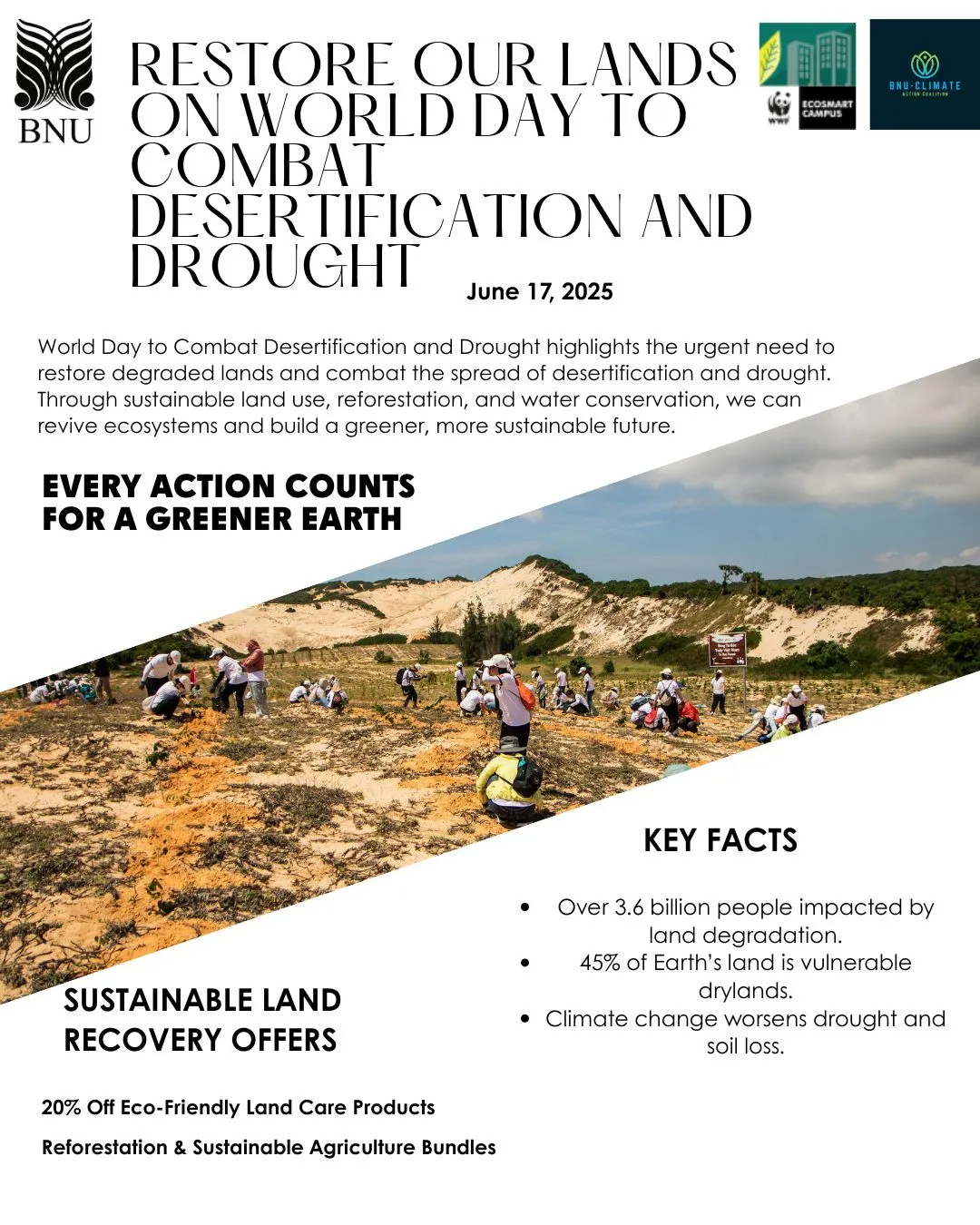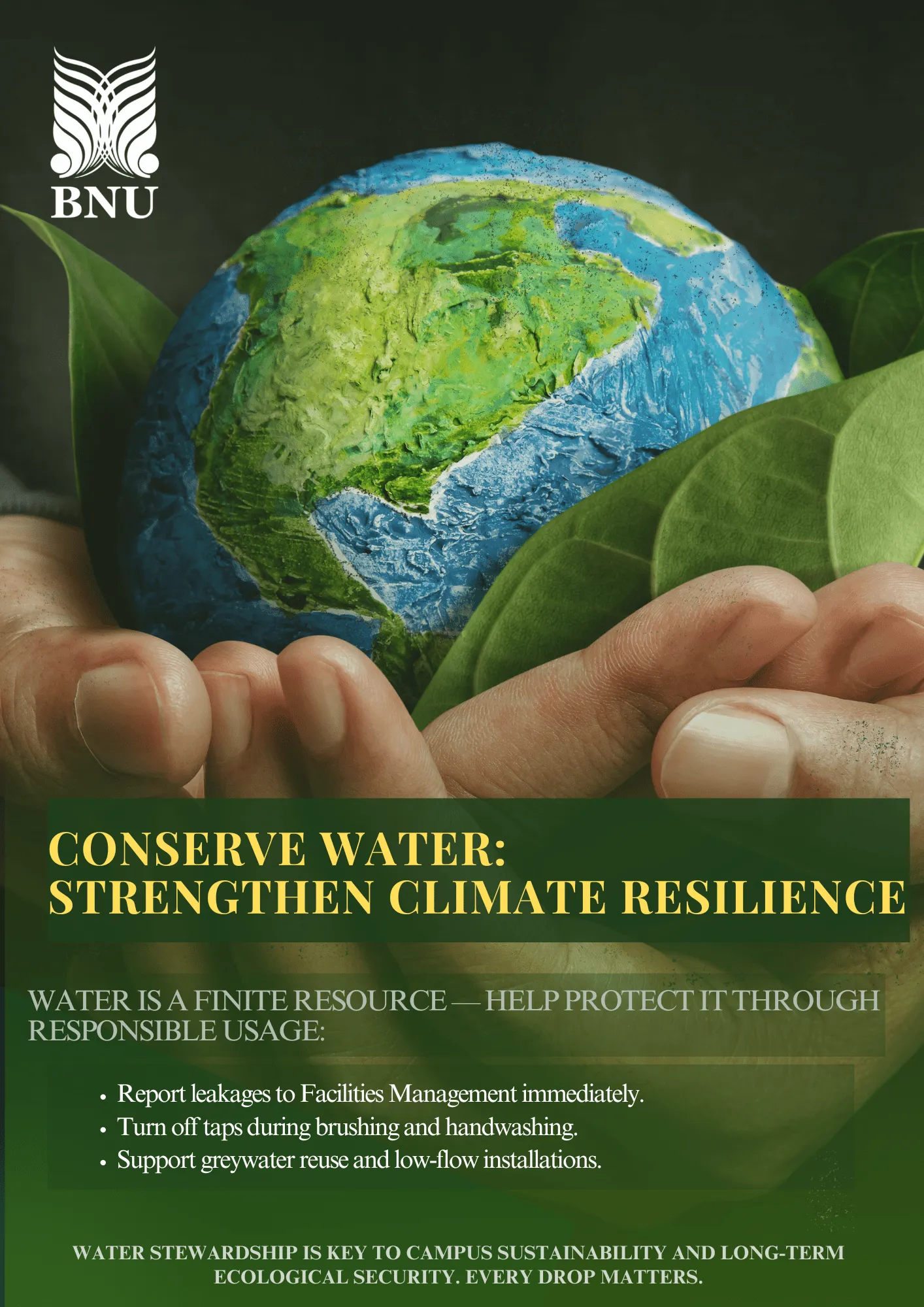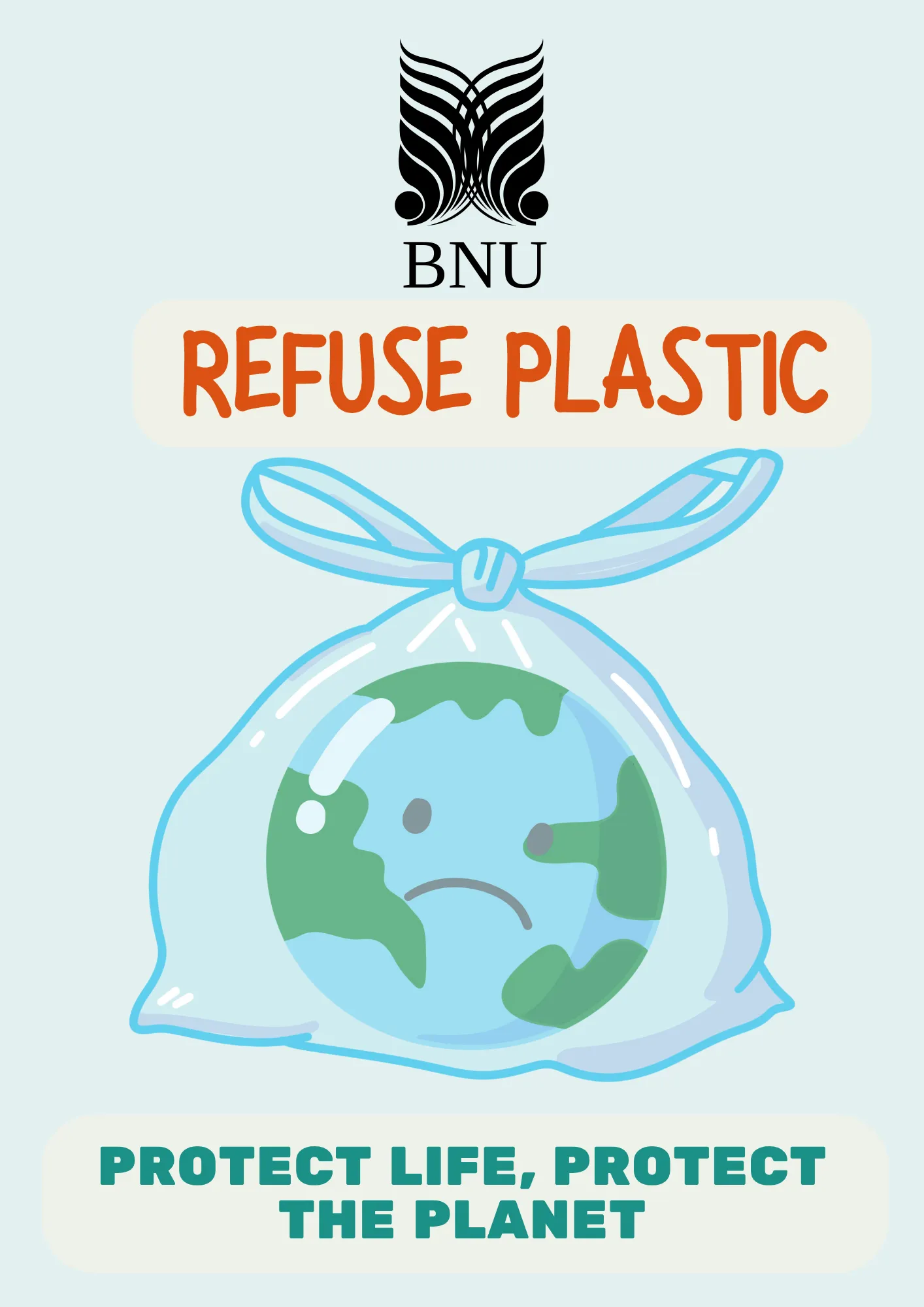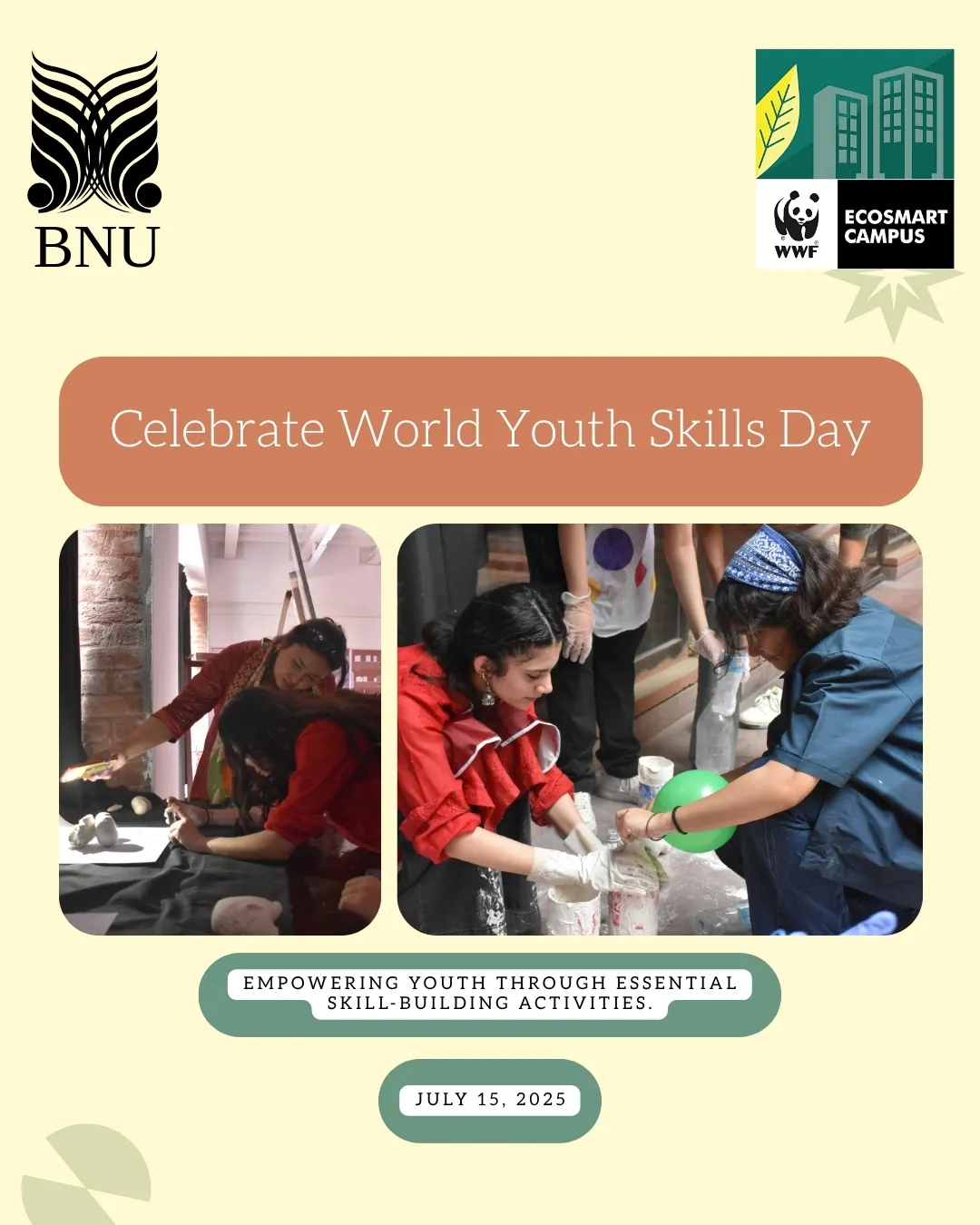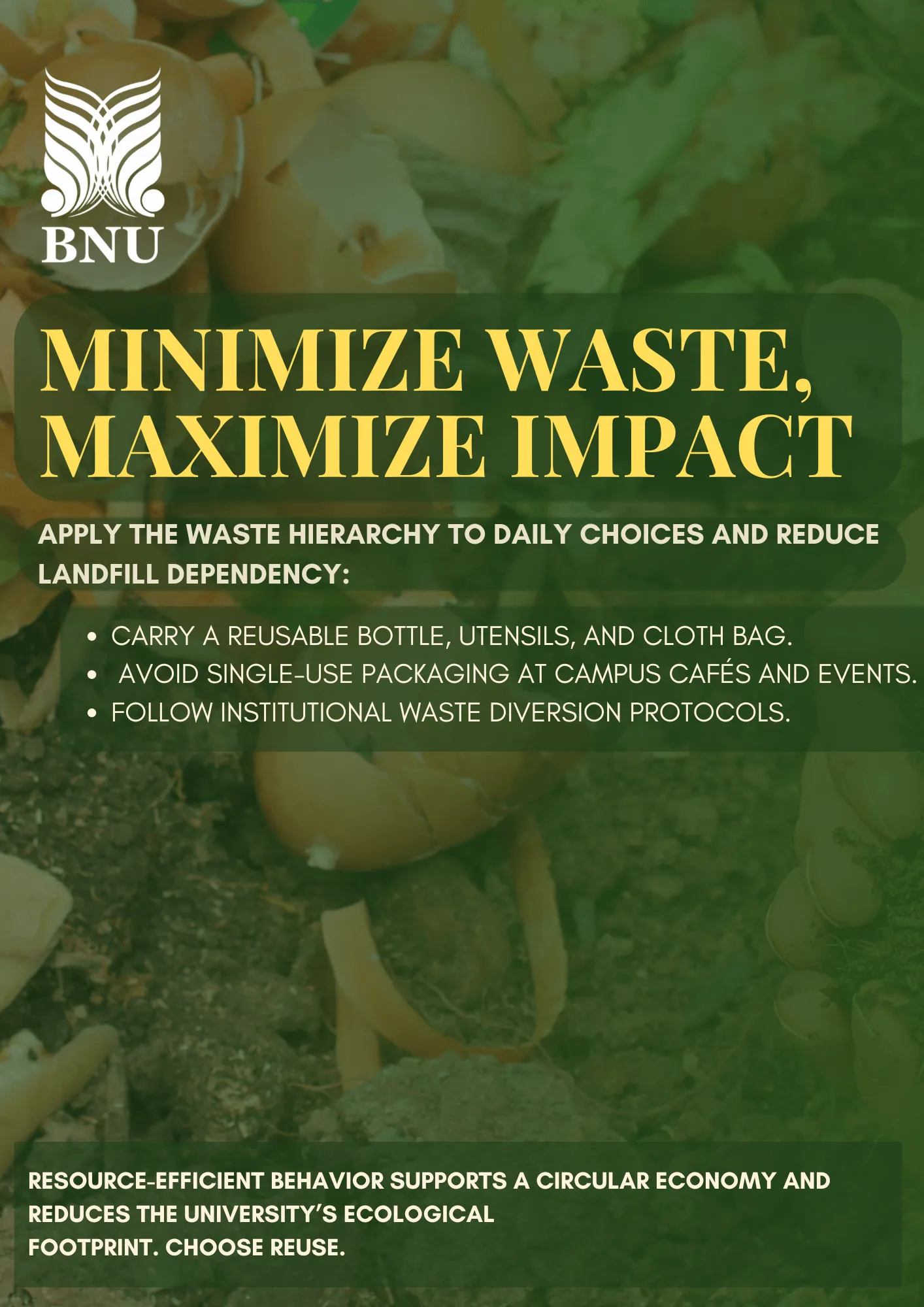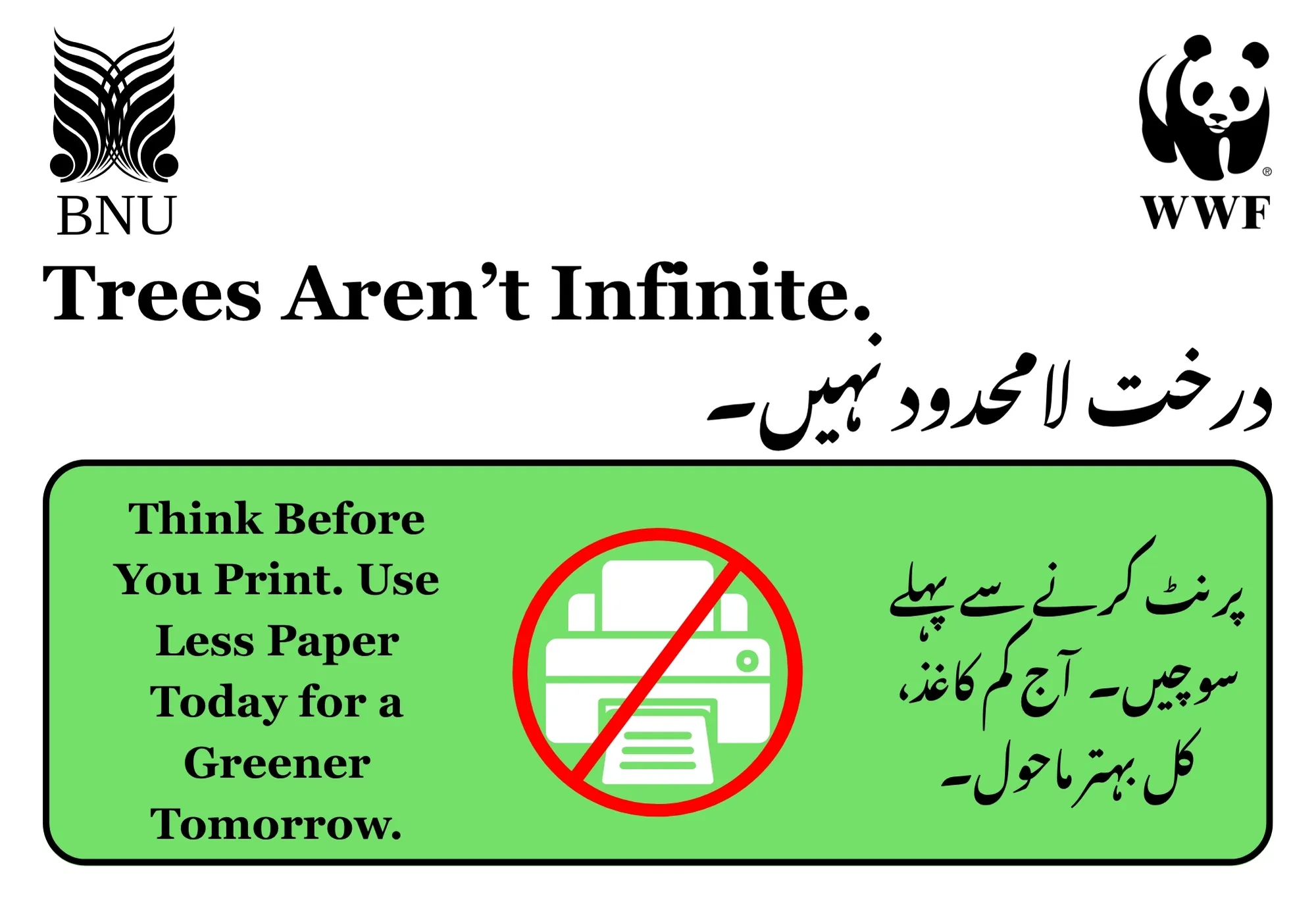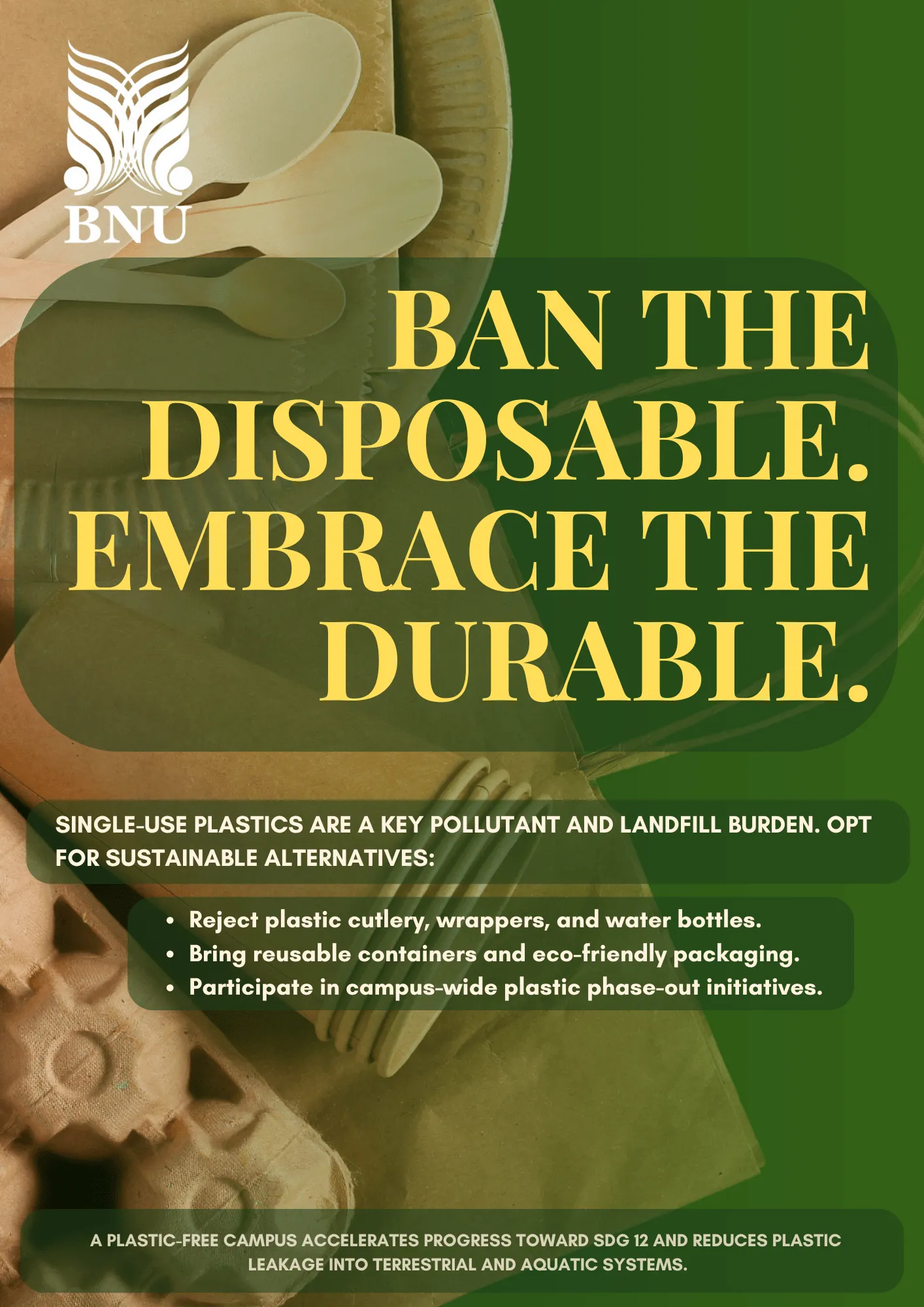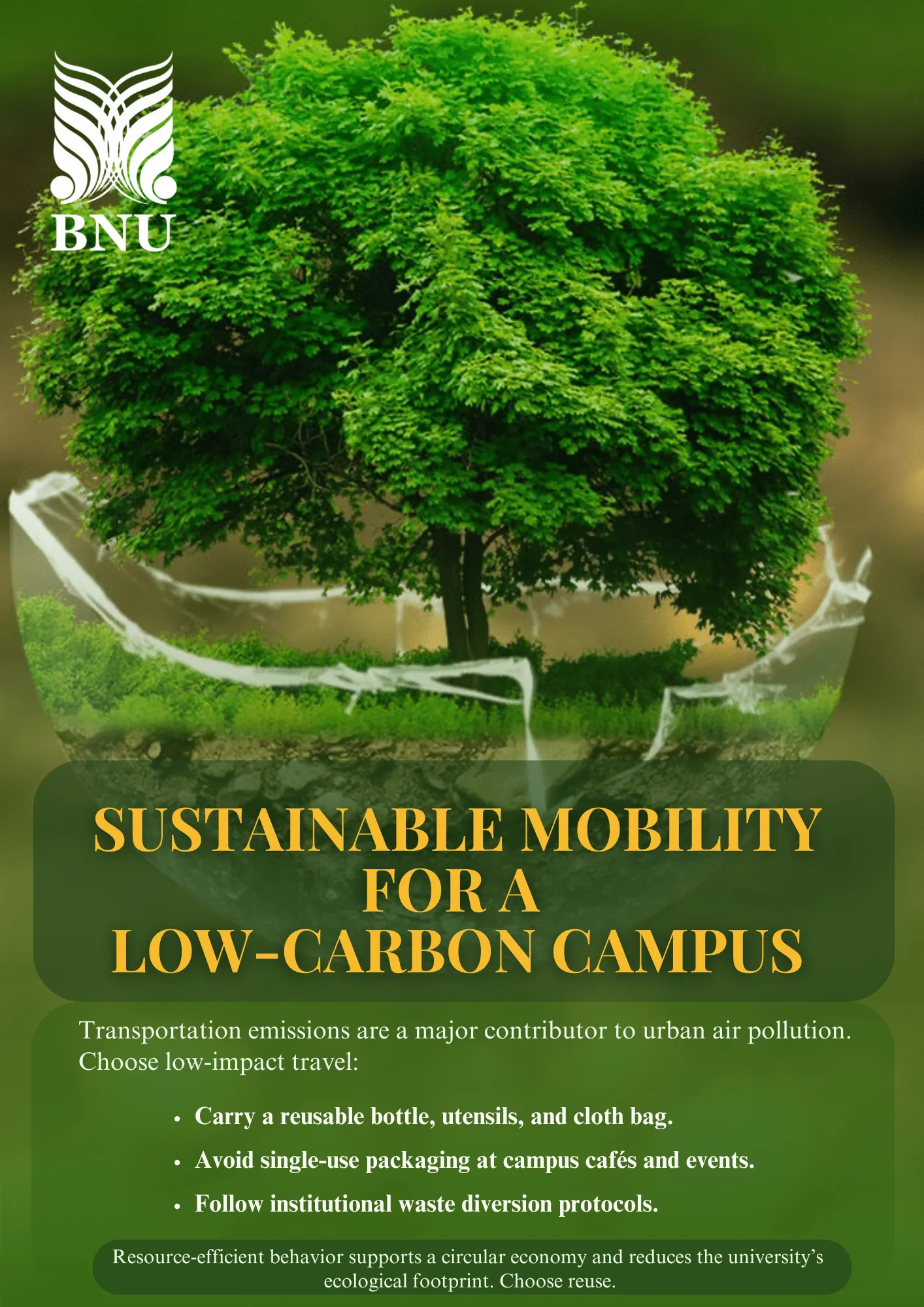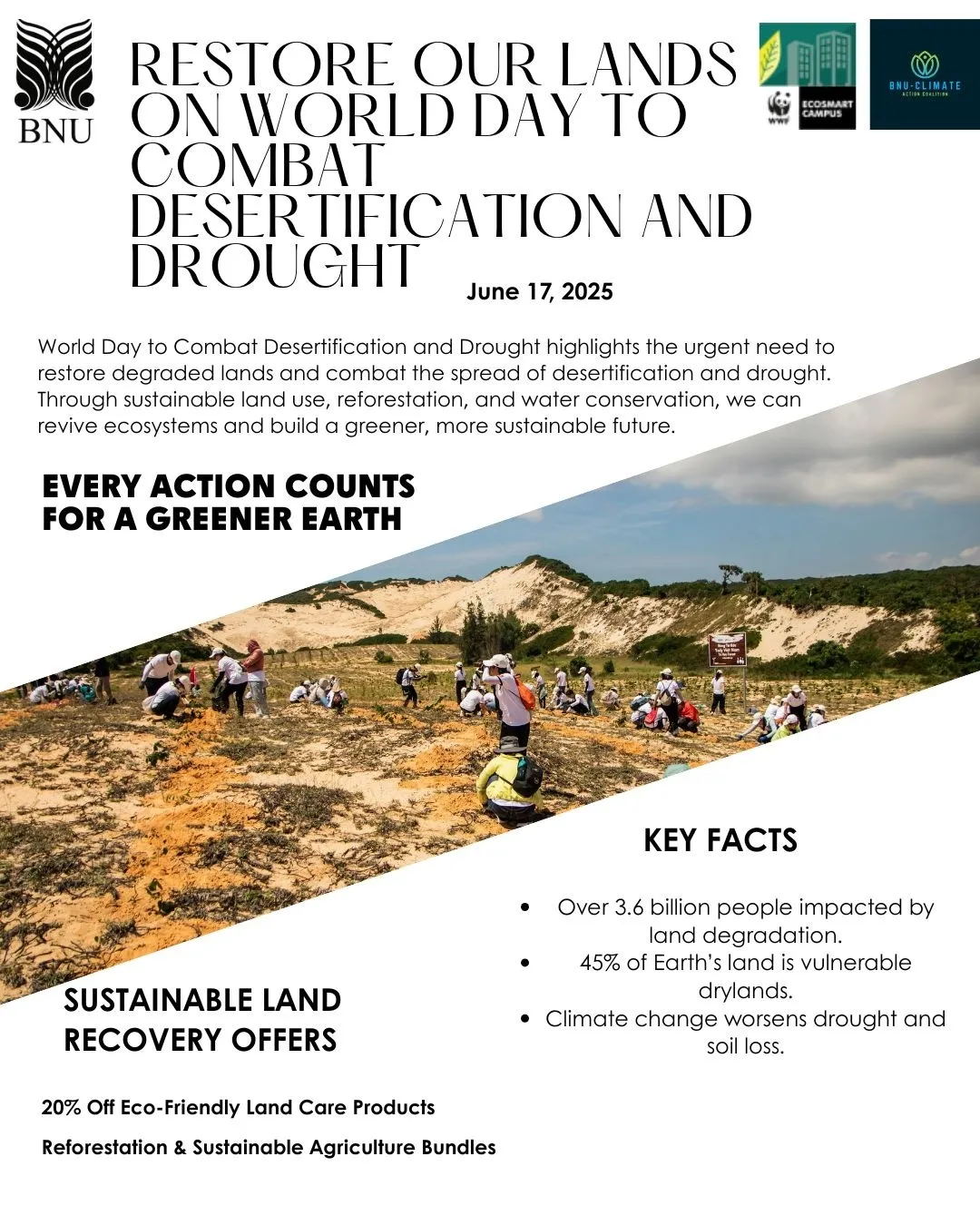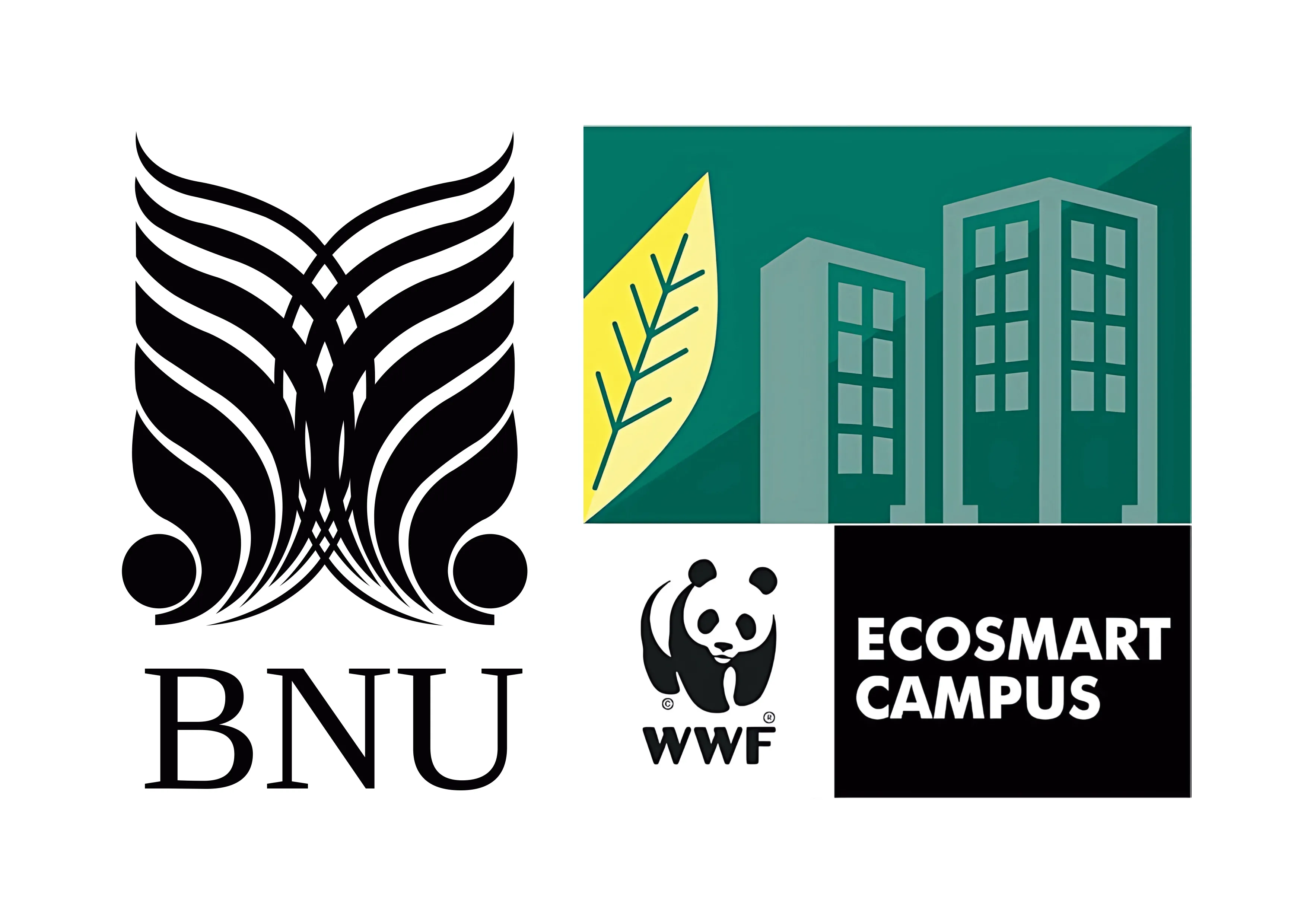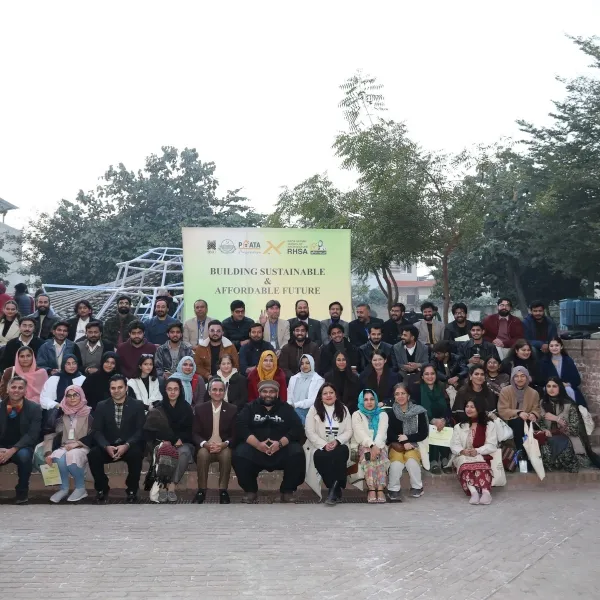 BNU Collaborates with PHATA for National Workshop on Sustainable Housing
BNU Collaborates with PHATA for National Workshop on Sustainable Housing Beaconhouse National University (BNU), through its Razia Hassan School of Architecture (RHSA), in collaboration with the Punjab Housing and Town Planning Agency (PHATA), successfully hosted “Building Sustainable & Affordable Futures”, a pioneering three-day national workshop that re-imagined the intersections of housing, climate, resources, and community.
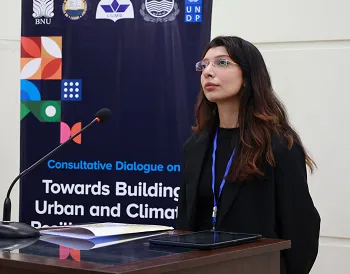 BNU–UNDP Pakistan Collaborate on Sustainable Urban Development
BNU–UNDP Pakistan Collaborate on Sustainable Urban Development Beaconhouse National University (BNU), in strategic collaboration with the United Nations Development Programme (UNDP Pakistan), convened a Consultative Dialogue bringing together senior government representatives, policy experts, academicians, and climate professionals to deliberate on strengthening urban climate resilience and advancing sustainable development frameworks in Punjab.
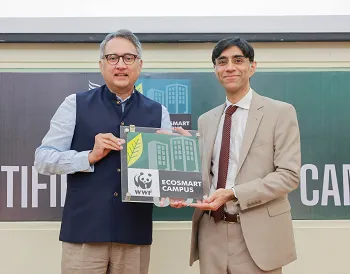 BNU Holds Certification Ceremony as Pakistan’s First WWF EcoSmart Campus
BNU Holds Certification Ceremony as Pakistan’s First WWF EcoSmart Campus Beaconhouse National University (BNU) has made history as Pakistan’s first university certified under WWF-Pakistan’s EcoSmart Campus Certification Programme. This recognition highlights BNU’s strong commitment to sustainability, environmental stewardship, and climate resilience in higher education.
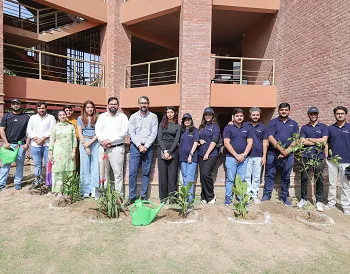 BNU Organizes Plantation Drive to Promote Campus Greening and Biodiversity
BNU Organizes Plantation Drive to Promote Campus Greening and Biodiversity As part of its ongoing commitment to biodiversity conservation, campus greening, and improving air quality, Beaconhouse National University (BNU) organized a plantation drive in collaboration with StrategistHub. The initiative was led by students from the Climate Action Coalition—BNU’s student society dedicated to climate awareness—alongside the Center for Climate Change and Environmental Sustainability, faculty members, and the StrategistHub team.
